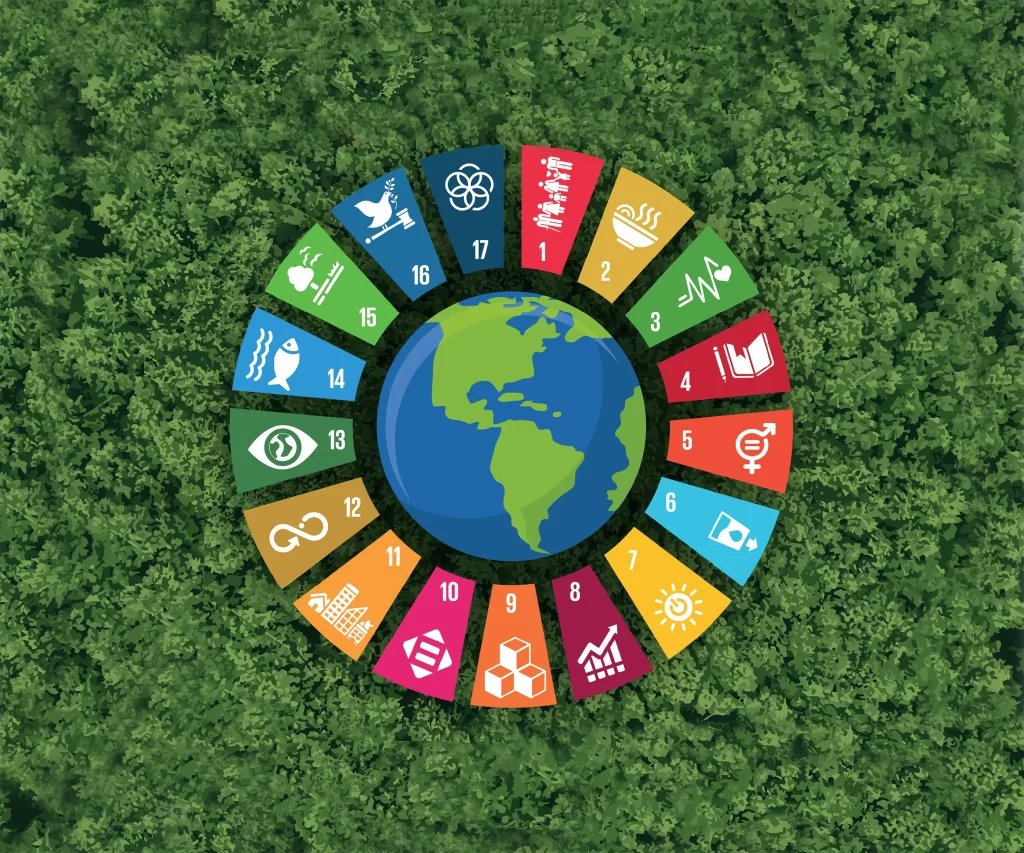In 2015, Canada joined 192 other UN member states in adopting the 2030 Agenda for Sustainable Development, a global blueprint to eliminate poverty, safeguard the planet, and foster prosperity by 2030. As an investigative journalist specializing in sustainable development, I’ve dug into the nation’s progress on these 17 Sustainable Development Goals (SDGs). This report probes the effectiveness of its policies, the sincerity of its commitments, and the obstacles threatening its targets. With just five years left, is the country on track, or are cracks beginning to show?
What is the UN 2030 Agenda for Sustainable Development?
Adopted by all UN member states in 2015, the 2030 Agenda for Sustainable Development consists of 17 interconnected SDGs, which address a wide range of social, economic, and environmental challenges. The goals are designed to eradicate poverty, protect the planet, and ensure prosperity for all by the year 2030. Of these goals, Goal 7 focuses specifically on ensuring access to affordable, reliable, sustainable, and modern energy for all.
Overall Progress on SDGs: A Tale of Triumph and Trouble
The Sustainable Development Report 2024 ranks Canada 25th out of 167 countries, with an SDG Index score of 78.8. This suggests notable strides, particularly in SDG 1 (No Poverty), where poverty rates have dropped significantly—over 2 million fewer people lived in poverty in 2021 compared to 2015. But the numbers don’t tell the full story. Goals like SDG 2 (Zero Hunger), SDG 13 (Climate Action), and SDG 15 (Life on Land) are either stalling or sliding backward. The SDG Unit, set up in 2018 to streamline efforts, exists—but is it delivering the transformative change promised?
SDG Performance Snapshot
SDG # | Goal | Status | Trend | Notes |
|---|---|---|---|---|
1 | No Poverty | Achieved | Stable | Poverty headcount at $2.15/day: 0.2% (2024) |
2 | Zero Hunger | Challenges Remain | Decreasing | Undernourishment at 2.5% (2021) |
5 | Gender Equality | Challenges Remain | Decreasing | Persistent pay and leadership gaps |
7 | Affordable and Clean Energy | Challenges Remain | Decreasing | 70% renewable electricity in 2022 |
13 | Climate Action | Challenges Remain | Decreasing | Emissions cuts lag behind targets |
15 | Life on Land | Challenges Remain | Decreasing | Biodiversity loss accelerates |
Sustainable Energy Initiatives (SDG 7): Bold Claims, Slow Gains
Canada has staked a claim as a renewable energy frontrunner under SDG 7 (Affordable and Clean Energy). The Energy Fact Book, 2024-2025 reports that 70% of the nation’s electricity came from renewables in 2022, with a goal of 90% non-emitting power by 2030. The Clean Electricity Regulations promise to cut 181 megatonnes of GHG emissions by 2050. Impressive on paper, but the pace raises red flags. Why does the Sustainable Development Report still flag SDG 7 as declining? Are carbon pricing and renewable investments robust enough to phase out fossil fuels, or are they just green-tinted bandaids?
Key efforts include:

Carbon Pricing: A cornerstone policy, but critics argue it lacks teeth.

Renewable Push: Hydro dominates, yet wind and solar lag, and ecological trade-offs loom.

Indigenous Involvement: Partnerships on clean energy projects are growing, but do they truly empower?
Other Key Initiatives: Hits and Misses
The nation’s broader SDG efforts reveal a patchwork of progress and pitfalls:
- SDG 1 (No Poverty): The Canada Child Benefit has slashed poverty, yet housing crises persist in cities like Toronto and Vancouver.
- SDG 2 (Zero Hunger): The National School Food Program targets 400,000 kids, but food insecurity haunts remote regions.
- SDG 5 (Gender Equality): The Feminist International Assistance Policy shines abroad, yet domestic pay gaps and leadership disparities fester.
- SDG 13 (Climate Action): The Pan-Canadian Framework aims for a 30% emissions cut by 2030—experts say it’s a long shot without tougher measures.
- SDG 15 (Life on Land): The $1.3 billion Nature Legacy initiative sounds grand, but species loss continues unchecked.
Areas Needing Urgent Action
This investigation uncovers glaring weaknesses:
- Zero Hunger: Food security policies fail to reach vulnerable populations.
- Gender Equality: Systemic barriers mock the nation’s progressive image.
- Climate Action: Ambitious targets lack enforcement muscle.
- Life on Land: Conservation efforts can’t keep pace with ecological decline.
Globally, only 16% of SDG targets are on track. For a resource-rich country like this one, that’s a weak excuse.
Canada’s pursuit of the 2030 Agenda combines real successes, such as poverty reduction, with persistent challenges in climate, biodiversity, and equity. With the clock ticking, this report demands sharper scrutiny of the nation’s strategies. Will it step up, or stumble at the finish line?
Key Citations:
Sustainable Development Report 2024 | Energy Fact Book, 2024-2025 | Canada’s Climate Plan


